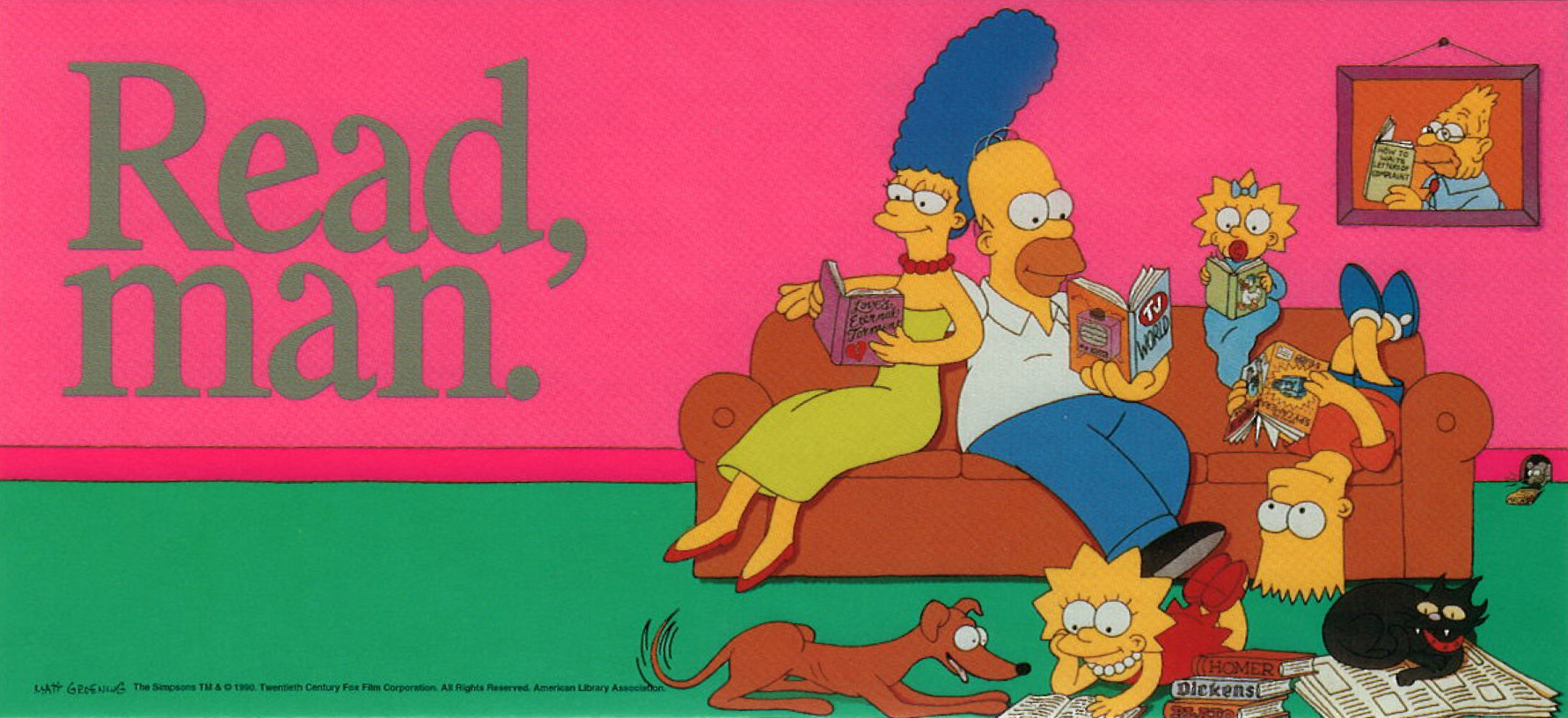“If you want your children to be intelligent, read them fairy tales. If you want them to be more intelligent, read them more fairy tales.” ― Albert Einstein
Parents are a child’s first and most influential teachers.
Parent involvement is the number one predictor of early literacy success and future academic achievement. Research by the American Academy of Pediatrics shows that reading daily to young children, starting in infancy, stimulates early brain development and helps build key language, literacy and social skills.
From birth to five, a child learns at a speed unmatched the rest of his or her life. Early learning experiences such as reading provide a love of learning and strongly affects success in school, work and in life.
Yet more than one in three American children start kindergarten without the skills they need to learn to read. About two-thirds of children can’t read proficiently by the end of the third grade. Low literacy skills are directly linked to greater inequality, higher unemployment, less earned income and poor health.
Daily reading and talking with children develops the necessary foundation for success in math, science, reading, a continued love of learning, and social and emotional connections.
A Huffington Post article (dated 09/30/2010) listed 5 Benefits of Reading to Children.
Building Bonds
Reading is one of the best ways to develop deep attachments with one’s children. Scholastic suggests parents schedule reading sessions daily and use the moments to enrich their relationships with their children and build their vocabularies.
Secret to Success
Melbourne Institute of Applied Economic and Social Research (2013) research showed that children four to five years of age who are read to three to five times a week are six months ahead of their peers in terms of reading expertise. Children who are read to daily are a year ahead of those who are read to less frequently.
Rich Vocabulary Equals Advantage
Educator Jim Trelease observes that there is a clear difference between conversing with a child and reading to him or her: "The language in books is very rich, and in books there are complete sentences. In books, newspapers, and magazines, the language is more complicated, more sophisticated. A child who hears more sophisticated words has a giant advantage over a child who hasn't heard those words."
Teaching by Example
Reading increases a child's attention span and a parent's own cognitive ability, Trelease says. It is one of the most essential and valuable activities kids can inherit from parents simply by observing them being engrossed in a book or magazine.
Boosting Self Esteem and Communications Skills
Early readers will be equipped with the vocabulary necessary to communicate to their peers, teachers, and parents. Children who have the ability to find the words they want to use are more likely to have a strong self-image, sense of confidence, and higher academic standing.
Bottom Line: Parents, read to your children. Children, read to your parents. We’ll all be better off for it.
Perusing
Things my parents should have taught me:
1. The early bird might get the worm, but the second mouse gets the cheese.
2. Worrying works! 90% of the things I worry about never happen.
Punctuation
“Immanuel doesn’t pun, he Kant.” - Oscar Wilde’s play on philosopher Immanuel Kant’s name.
Join Our Read Out Campaign!
Use the hashtag #ReadOut to upload your video to YouTube, or stream something with Periscope and let us know via email at readout@literacyworks.org, Tweet us at @Litworksorg or like us on Facebook. Learn more at Literacyworks.org.


